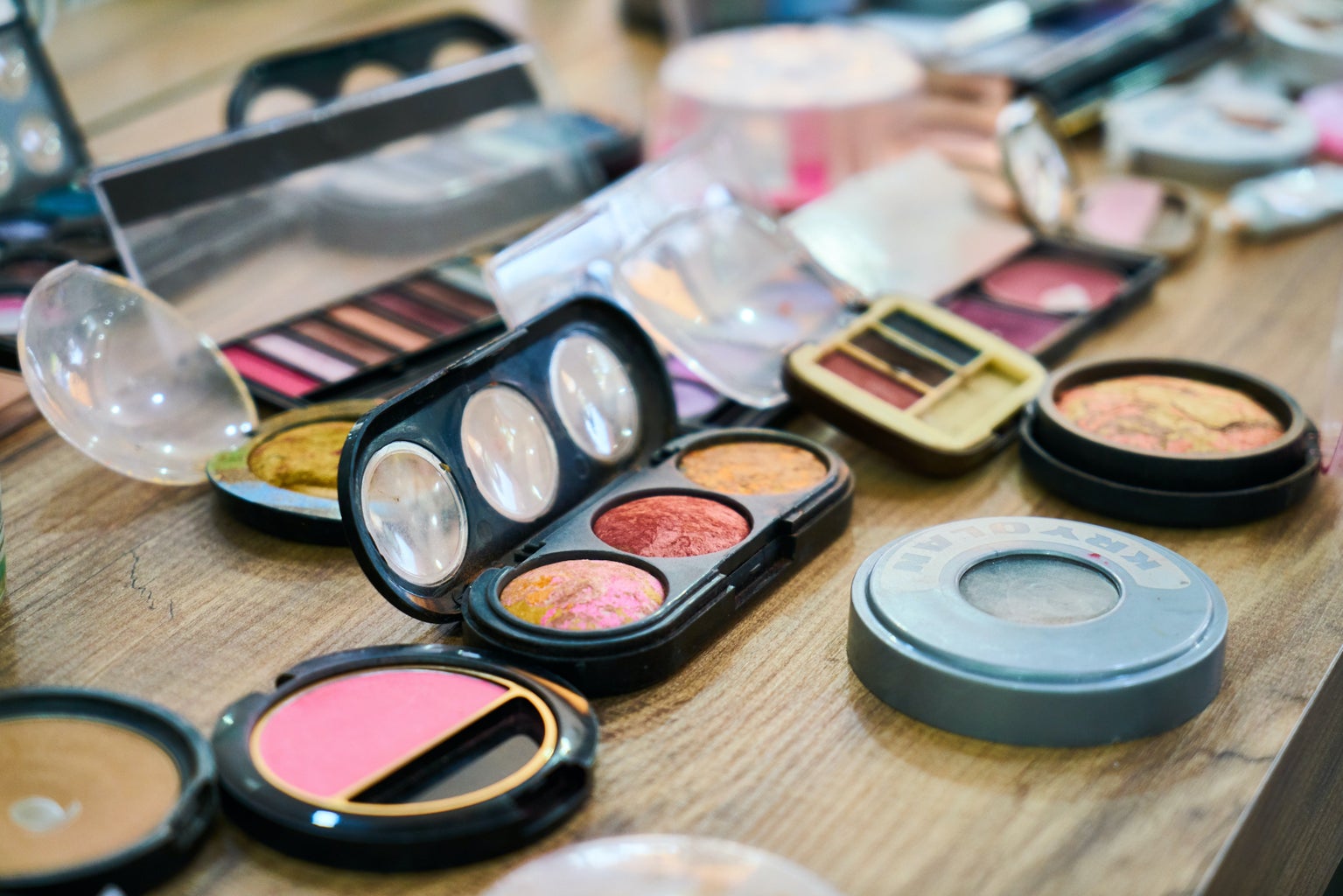Back in elementary school, I was thoroughly convinced that I was a “tomboy” and that this singular identifier about me somehow made me different from “other” girls. Whenever someone said that I was even remotely girly, I took immediate offense and went on the defensive, asking them why they thought so and thinking of ways to dissect what their answer was in order to defend my fragile perception of masculinity. To me, being told I was feminine was an insult.
At that time and age, insults were mainly childish and rarely heartfelt, and many were simple and straightforward, such as using phrases like “you’re stupid” or “you suck at drawing.” However, there were particular insults that were carved deeply into my young and malleable brain, insults that were never explained or justified. Almost intrinsically, I, like all the other girls, simply knew that throwing a ball like a girl, running like a girl, or even exhibiting “feminine” traits were to be understood as negative.
Makeup and pink were gross and girly. Being called a tomboy was a compliment. And several girls made it a point to hang out with groups of boys, saying “girl friend groups have too much drama.” It is difficult to pinpoint who said it first and who heard it from who, but it was disappointingly easy to harbor the ingrown, seemingly inherent disdain of women despite being one myself. As such, it was almost natural for me to try and hide my femininity by rejecting skirts and dolls, opting instead for blue-colored toys and gender-neutral shorts. Being a woman seemed to be intricately tied to being weak, petty, catty, and even whiny.
But this hatred of women did not and does not exist in a vacuum within society. Modern-day feminism hasn’t made up these concerns and issues; instead, misogyny has always been hidden in plain sight. The other day, my friend sent a screenshot of a list of words that thesaurus.com claimed to be antonyms of the word masculine; the most relevant word organized at the top of the list was not ‘feminine,’ as one might expect, but rather words such as ‘weak,’ ‘cowardly,’ ‘meek,’ and even ‘timid.’ In fact, ‘feminine’ was the last word on the list.
Playing word associations with gender made me notice how many negative connotations are attributed to femininity, and how early on it begins. Of course, this ties back to the concept of toxic masculinity and how men are expected to be strong, brave, and dominant among other things that cultivate an environment of competition and apathy. I started to realize the various ways we as a society, unable to grow out of past prejudice, continue to devalue women, or try to humble them unprovoked. It can be seen with the popular phenomenon of our society that loves to invalidate women, such as how professional female comedians are often told “women aren’t funny” or even with how men flirt by saying “you aren’t like other girls.” There are numerous scenarios where female characters in various media who are independent and sassy are painted to be “bitchy” and “annoying” while male characters who are characterized the same way are portrayed as “witty” and “strong-willed.”
It saddens me immensely to see how effortless it can be for women to tear each other down, reject their feminine identity, and genuinely think that they are inferior to men. I am extremely glad and grateful that our generation seems to be consciously picking up on ways the media can perpetuate this self-loathing convention and how we aren’t afraid to call out instances of such. It is my hope that younger generations don’t have to grow up with these harmful stereotypes about gender, and that our current generation continues to educate ourselves and others about internalized misogyny in our culture.





